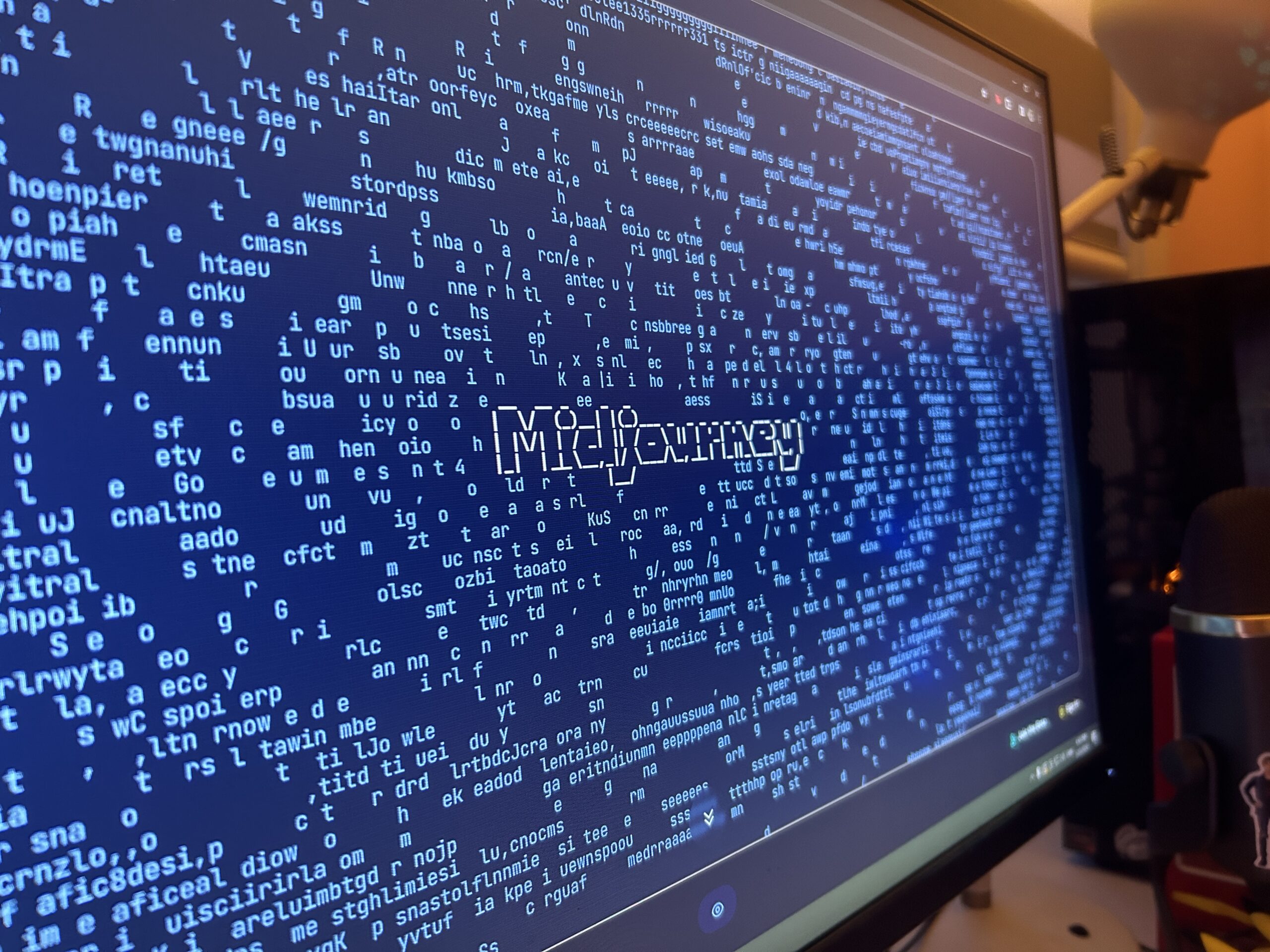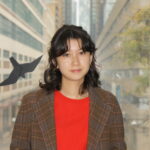
Listen to the full story here:
The growing popularity of AI-created art is causing the art community and the audience who supports and enjoys their work to question the definitions and value of originality. A Calgary Farmers Market is the latest group called out for using AI art in their promotional material rather than hiring a local artist, and earlier this month, a judge in California ruled that artists can sue AI companies for infringing on their original artwork.
But the very definition of “original art” is in a grey area, said Aleksandra Kmieciak, a user experience (UX) designer.
She said she believes artificial intelligence (AI) art is not entirely original because it learns from existing artworks. While humans are influenced by existing artworks, she said AI is programmed to learn it identically. She said it’s hard to pinpoint what is original and what is plagiarized, especially with the emergence of better and better AI.
“On the other hand, it is creating something new because it can’t ever reproduce the same thing, and then there’s always a person behind the prompt…It’s not original art but it’s a tool to help the uniqueness of the creator behind it,” said Kmieciak.
Izabella Pruska-Oldenhof, an Image Arts associate professor at TMU, has a more defined answer that originality is tied to ideas of “newness” and “progress.”
Pruska-Oldenhof said that originality is not something to seek out. She said people should be asking, “What contributions is this making towards making people’s lives better? What good does it bring into the world?”
“I can say that our copyright law system is a government grants protection, but the government doesn’t patrol for infringement,” said Alexandra Mogyoros, an assistant professor at the Lincoln Alexander School of Law at TMU. “so it’s really up to each individual copyright holder to know if someone’s infringed on their copyright and to bring the claim if they believe it has.”
“Somehow those artists uploaded their work voluntarily online and somehow it happens to end up in the data set of OpenAI,” Tom Chan, an occupations architect, said. “You can actually argue that if you uploaded willingly online, then it actually has the obligation of being seen by others also online, so there’s that kind of nuanced point.”
Chan said he believes that if you upload your work voluntarily online, it should be available to AI generators, “AI is just another pair of trained eyes which just happened to be much faster and much more efficient in creating or replicating new styles.”
There is fair use, also known as fair dealing in Canadian law terms, where the copyright law can provide exceptions if work is used for studies, news reporting, or parodies, said Jake Effoduh, an assistant professor at Lincoln Alexander School of Law at TMU.
As for whether AI art can be copyrighted, there are no direct copyright laws in place, said Effoduh.
When it comes down to the legal definition of ‘original art’ it is “one that’s been made as a result of skill and judgment,” said Mogyoros.
Effoduh said copyright law could be applied to AI-assisted works, but it would be more difficult with AI-generated artwork due to its lack of human skill.
Pruska-Oldenhof said artists should be getting royalties from AI companies generating revenue, although there are no laws set in place yet to make that happen.
She says it’s important for AI artists to be transparent about their work when making major profits and give back to the community, for instance, starting scholarships for students.
“We’re seeing that huge corporate corporations for profits are taking advantage of it for those who have nothing financially and could benefit from support.”
Mogyoros said that scholars worry about the ethics of taking art from the internet, and without agreement on what is unethical or copyrighted, “we should be pausing its use until we figure it out.”
Talia is completing her final year in journalism at Toronto Metropolitan University. Talia loves interviewing small business to make their voices feel heard and empathizing with their stories. In her spare time she enjoys watching shows, listening to music, or playing video games. She aspires to be a better cook day by day and potentially work as a YouTuber.
This article may have been created with the use of AI tools such as
Talia is completing her final year in journalism at Toronto Metropolitan University. Talia loves interviewing small business to make their voices feel heard and empathizing with their stories. In her spare time she enjoys watching shows, listening to music, or playing video games. She aspires to be a better cook day by day and potentially work as a YouTuber.

